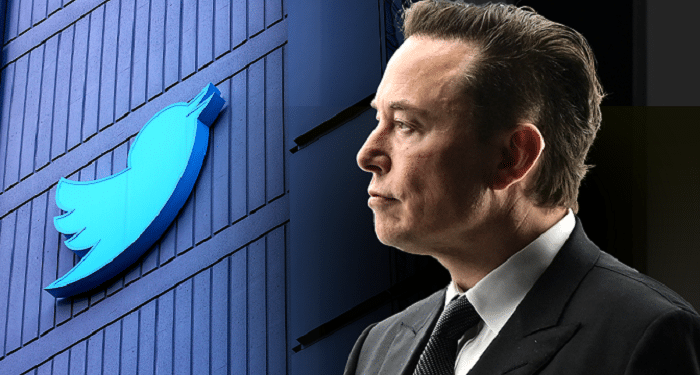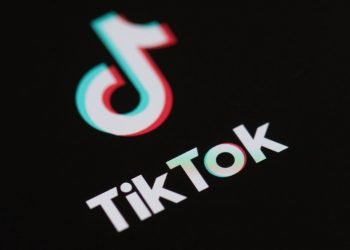Facebook owner Meta is working on a new “text-sharing” social media network, it said Friday. This project is seen as a potential rival to embattled Twitter.
Since billionaire Elon Musk’s takeover of Twitter in October, the platform has suffered outages, layoffs, and seen advertisers flee over the lack of content moderation.
But so far no major alternative to Twitter has emerged, leaving global leaders, politicians, celebrities, and companies little choice but to continue communicating via the platform.
Following reports on news websites Platformer and India-based Moneycontrol, Meta confirmed on Friday that it was beginning to work on the new platform.
“We’re exploring a standalone, decentralised social network for sharing text updates,” Meta, which also owns Instagram, said in a short email statement.
“We believe there’s an opportunity for a separate space where creators and public figures can share timely updates about their interests,” the statement added.
The media reports said that Meta’s new app would use technology to interoperate with niche network Mastodon and other platforms, enabling users to broadcast posts to people on different networks.
This would be a clear departure from the usual practice of tech giants, which keep platforms such as Instagram or YouTube behind technological walls and operate using company servers under strict rules.
Mastodon operates on decentralised computing servers, eliminating the need for central management or authority to make decisions.
Is Twitter Vulnerable?
In December, Musk briefly banned Twitter accounts that provided links to other social media platforms, including Facebook, Instagram, and Mastodon.
Moneycontrol reported that Meta’s new venture was being tested with features including tappable links, user biographies, verification badges, and shareable images and videos.
In its latest glitch, Twitter suffered a brief but unprecedented outage on Monday, with users worldwide reporting they could no longer read links to articles from outside websites.
The company’s tech support account blamed the problem on “unintended consequences” from an update to the platform, which led to rounds of layoffs, with over two-thirds of staff laid off. Twitter is running on a skeleton staff, allegedly leaving it vulnerable to outages, disinformation, and harmful content.
When many advertisers backed off, the network saw its revenue and adjusted profit fall about 40 per cent year-on-year in December, the Wall Street Journal reported Saturday, citing people close to the company.
Musk has tried to wean Twitter from advertising and promote subscriptions as a new way to generate cash—an idea that Meta is also testing—but the results have been disappointing so far.










